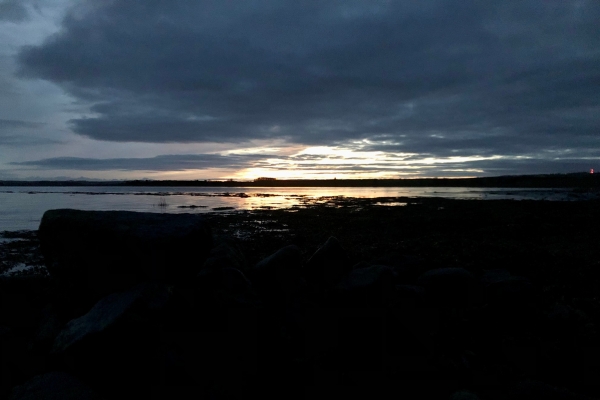
The best of days
At the season draws to it’s close, BASC’s Mal Greenleaf reflects on why the natural world is best seen through the early morning eyes of a wildfowler.
Get information on the legal shooting season for mammals and birds in the UK.
Apply for funding for your project or make a donation today
Comprehensive information and advice from our specialist firearms team.
Everything you need to know about shotgun, rifle and airgun ammunition.
Find our up-to-date information, advice and links to government resources.
Everything you need to know on firearms law and licensing.
All the latest news and advice on general licences and how they affect you.
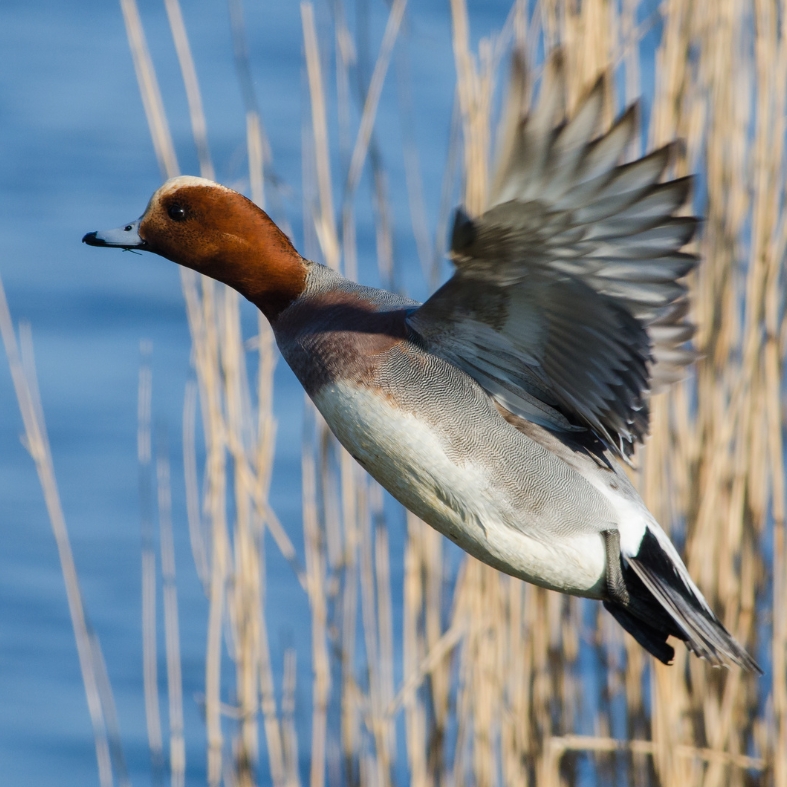

Data is vitally important in many aspects of our daily lives, including shooting and country pursuits, says Sophie Stafford.
The shooting sector is more progressive than we might give credit for, due to the way we go about our work and day-to-day lives. Whether by meeting environmental targets set by government or enhancing biodiversity as a matter of course, the way land is managed for shooting brings major benefits for nature recovery.
Where we risk falling behind the curve is the collection of data to prove our worth. Potential regulation or restrictions would be difficult to fight without sufficient evidence to support self-regulation or proportionate changes to the status quo.
The information we have around shooting-related activities gives us knowledge. And the more we know, the more we can provide solutions to problems as they arise. Collecting data and monitoring trends can help us answer many questions about wildlife. This is where we scientists get very excited, and hopefully we can pass that excitement onto you.
BASC’s evidence and environmental law team are primarily interested in ecological data that the shooting community can provide for us. We collect this through surveys that we ask you to participate in, reading (MANY) research papers, citizen science projects and commissioning research from other scientists.
All the research and data we collect – although individually may seem trivial – when pulled together informs policy decisions, feeds into legal challenges or demonstrates where self-regulation is working and therefore that further legislation is not necessary. It allows us to be proactive and act in a measured way, before change is enforced upon us.
Simple measures, such as providing BASC with one wing from a duck you have shot, or reporting any ringed birds you shoot to the British Trust for Ornithology (BTO) can feel like a tiny contribution or a waste of time. But these things contribute to larger datasets which are hugely important.
For instance, a wigeon you shot may have been ringed in Finland three years ago and recaptured in Denmark or the Netherlands twice since then, before ending up on your plate. That one bird will add valuable insights into what we know about quarry species and the researchers collecting the data will be pleased to receive your ring return; it completes the story of that individual.
We are also interested in what might be affecting population declines in some waterfowl species. We know that mallards have low nesting success, and that duck nest tubes appear to boost brood size and hatching success. Our duck nest monitoring project has many dedicated participants who have installed nests with BASC over the years.
While the installation of nest tubes is a vital starting point, monitoring the nests and completing the data form is the most important component for us. Without the data, we cannot actually prove that nest tubes are having a positive impact. We now live in a day and age where data talks and anecdotal evidence does not.
Change can be scary; it can feel like we are losing something. You can help us to ensure that changes made to shooting are reasonable and justified by helping us to grow our available data. You can do this by participating in our ‘conservation in action‘ projects and filling out BASC surveys, all of which help to establish sound scientific evidence of sustainable practices.
If there is substantial evidence to show that something we are doing is unsustainable and may cause harm to the environment, we should embrace this as an opportunity to do better, always striving to be valuable contributors to wildlife and our local communities while securing the future of shooting for generations to come.
There are three key projects for you to part in this season:
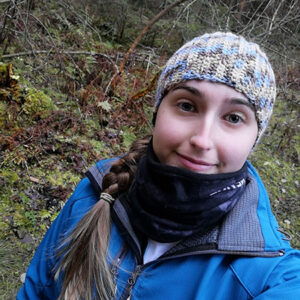

At the season draws to it’s close, BASC’s Mal Greenleaf reflects on why the natural world is best seen through the early morning eyes of a wildfowler.
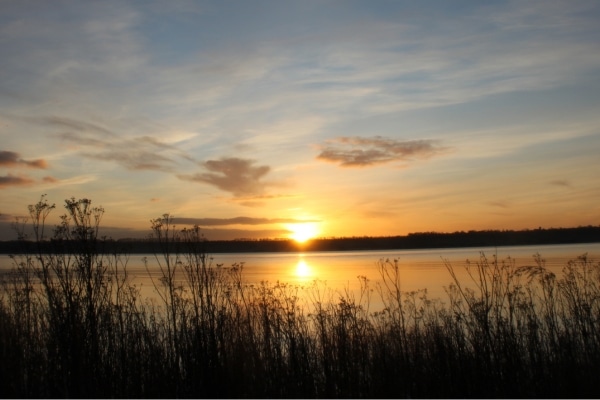
The BASC Wildlife Fund has awarded its first loan in Wales to the Wentloog Wildfowling and Conservation Association.
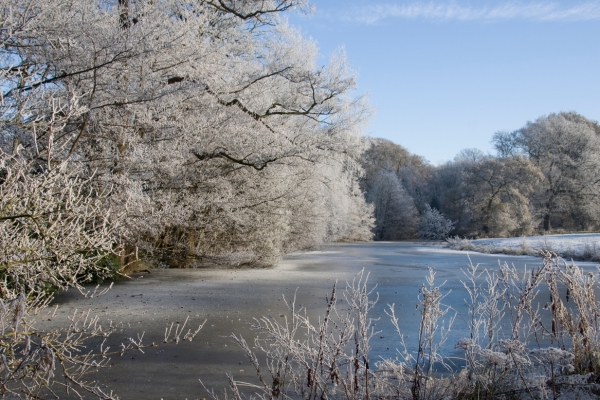
Due to widespread severe weather, BASC is calling for those who shoot in Scotland to exercise restraint in the shooting of ducks, geese and waders including reared mallard.